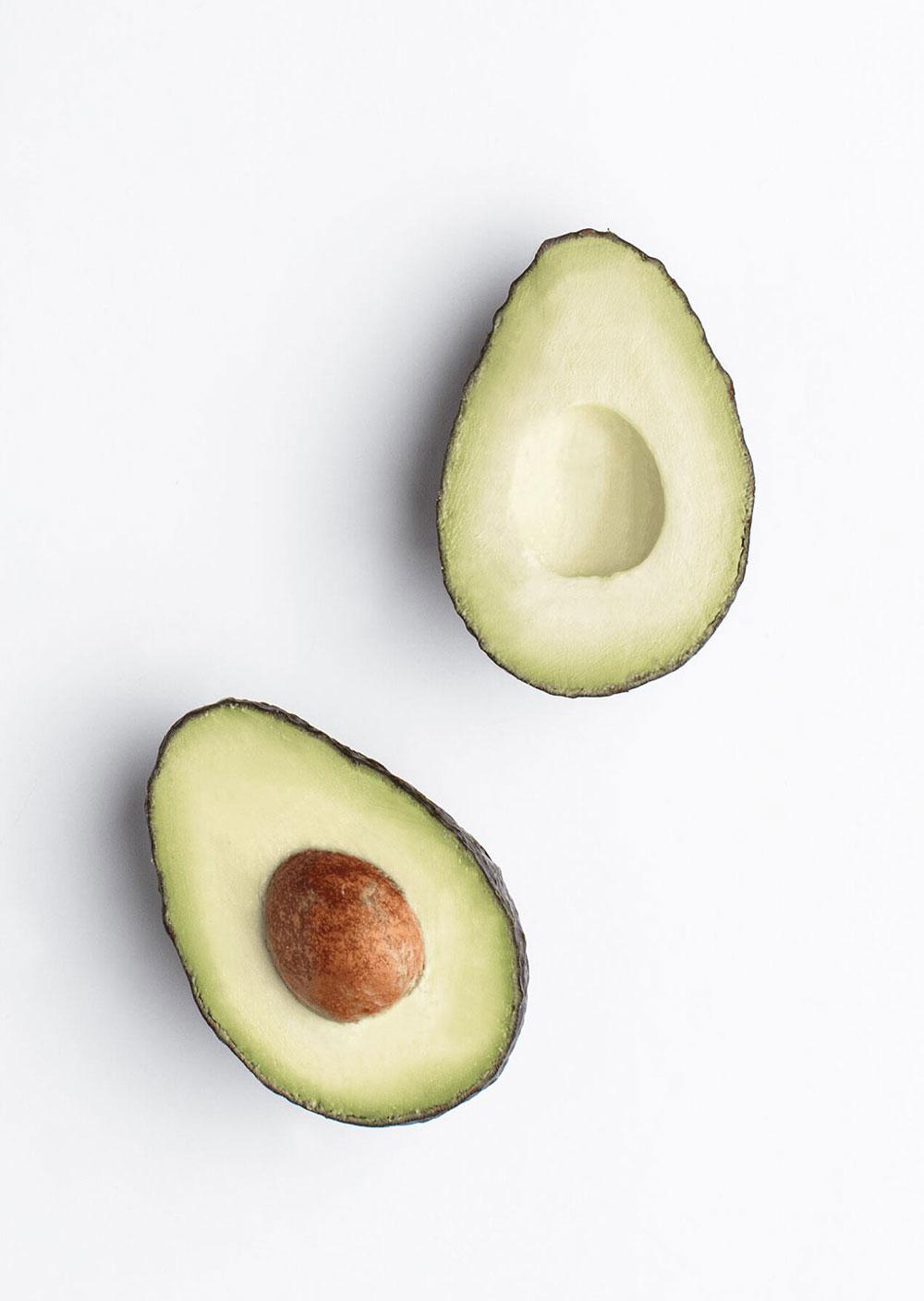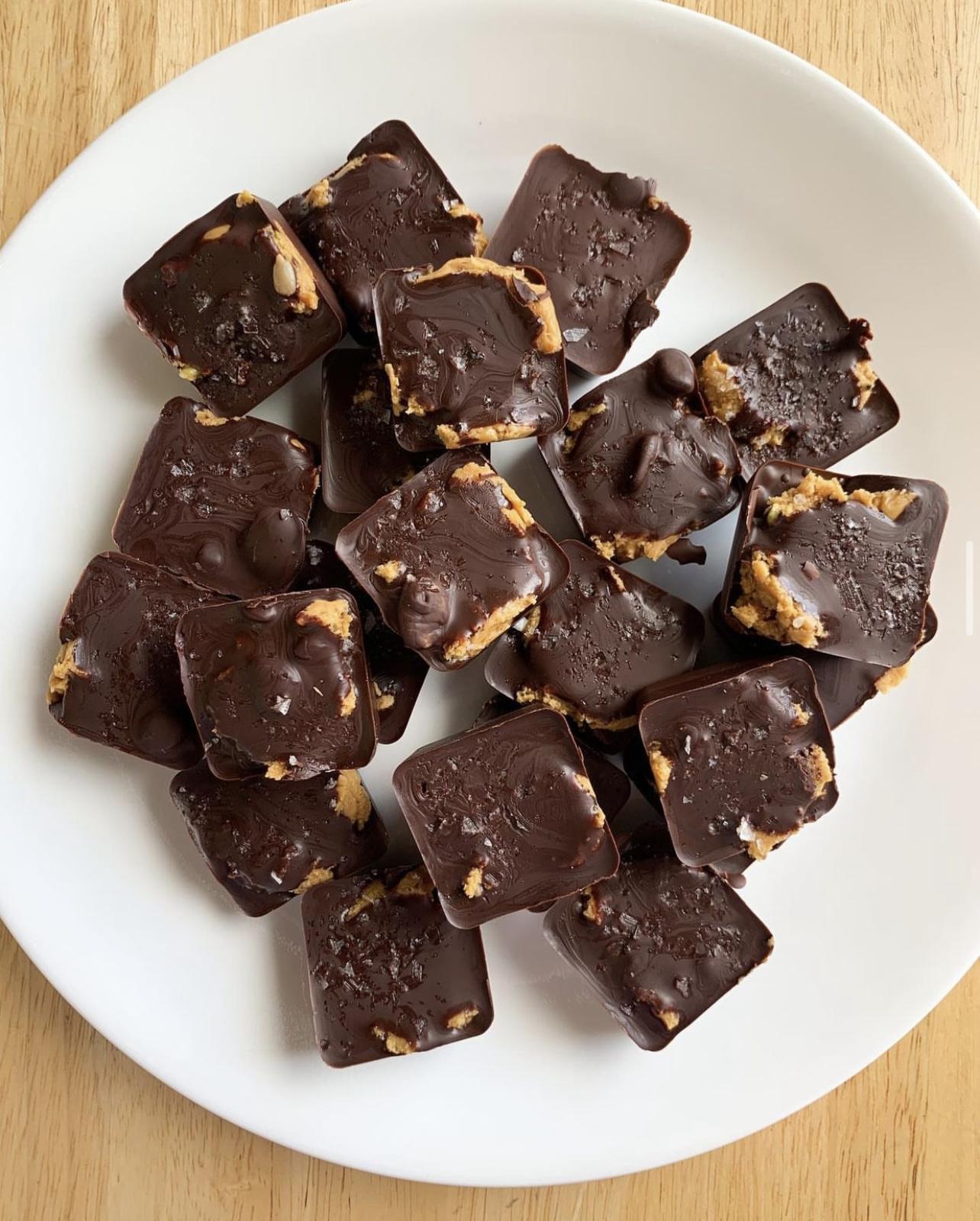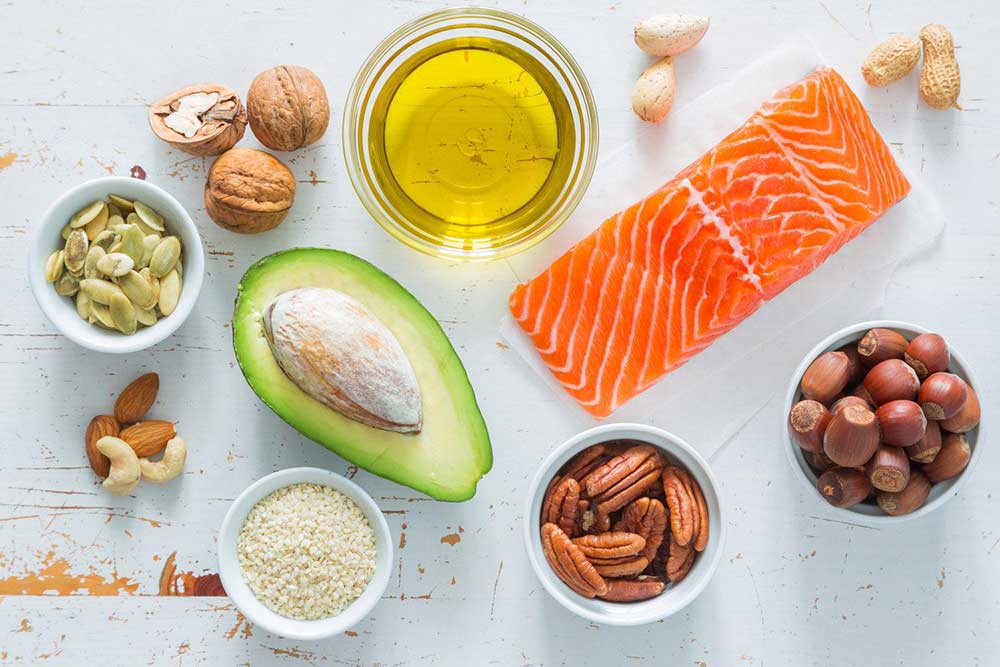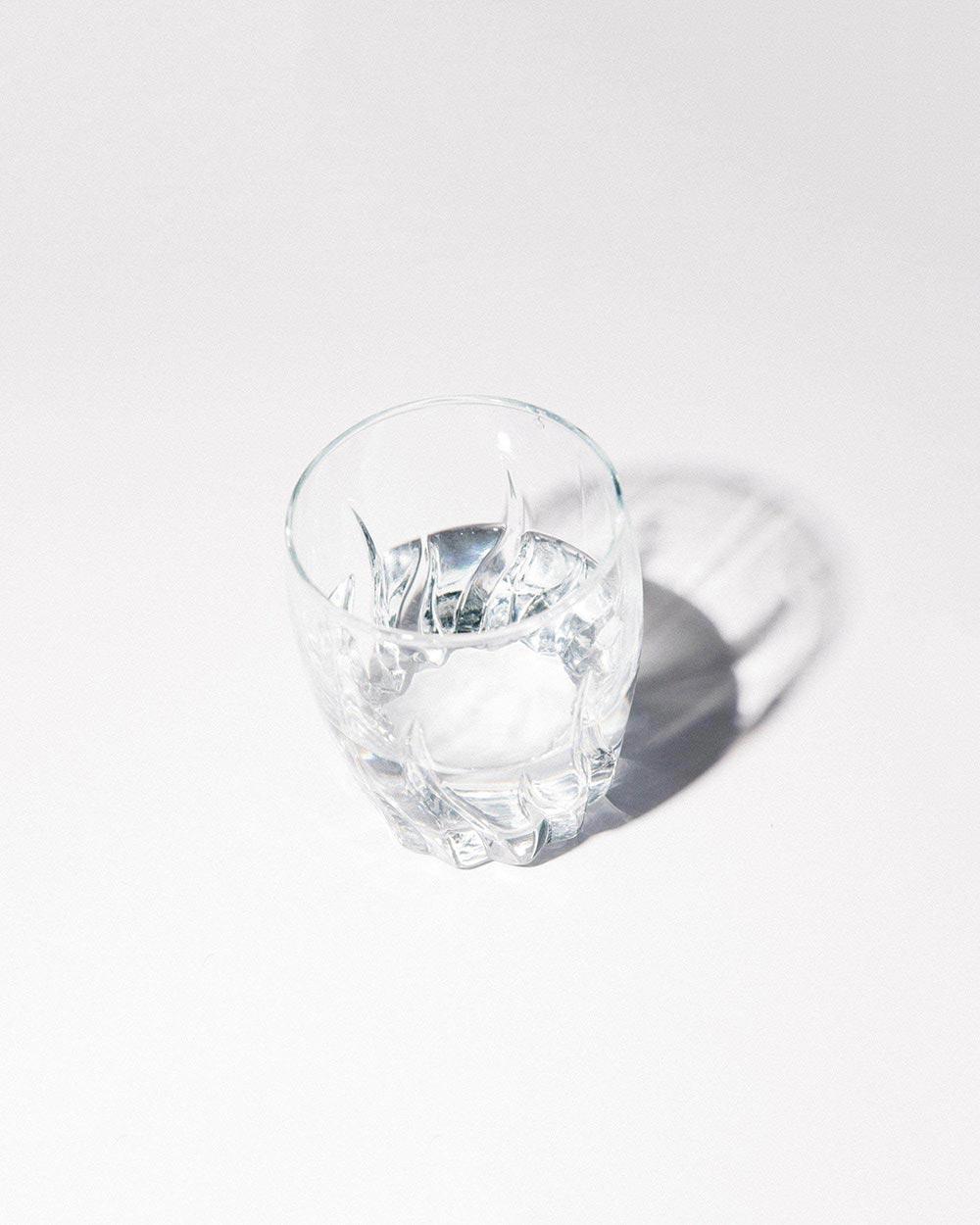Today, we’re talking to you about the interconnected relationship between diet and skin conditions, like psoriasis. In addition to medication, it is important to consider diet modifications that are known to fight inflammation and lower stress levels. You can manage conditions like psoriasis with diet. Here at Culina, we are firm believers in the power of food to help heal chronic, systemic disease. That’s why I broke down the latest evidence-based recommendations for managing psoriasis with nutrition. Remember that each person is different, and may or may not have symptom relief with different approaches to nutrition.
Psoriasis And Inflammation
Psoriasis appears as red, scaly rashes and patches on the skin, usually on the scalp, knees and elbows. We know…not cute. While people experience the painful, itchy symptoms on the outside of the body, psoriasis is actually triggered from within. The immune system is thought to malfunction causing inflammation, which leads to the overproduction of new skin cells. Then, old skin cells build up with new skin cells, creating uncomfortable, scaly patches.
Psoriasis can also impact the joints, and evidence shows it may increase risk of cardiovascular disease. Experts believe that someone with a genetic predisposition to psoriasis is triggered to develop the disease by exposure to stress, infection or even diet choices.
Psoriasis is a medical diagnosis. A doctor examines the skin, rules out any infections, and diagnosis the condition as psoriasis. The skin is typically inflamed and thicker than it would be with eczema. While there is no known cure, various therapies are used to either help manage symptoms as they arise or get to the root of the inflammation. A doctor may prescribe topical creams and moisturizers to alleviate symptoms, light therapy to slow skin cell growth, and medications that suppress the body’s immune response.
We’re going to talk to you about what to eat, because we believe it’s just as important.
Anti-Inflammatory Foods
Many studies have demonstrated that certain foods can be powerful tools in fighting inflammation. If you have psoriasis, try incorporating more of these anti-inflammatory foods into your diet.
Don’t shy away from healthy fats
Drizzle extra virgin olive oil on salads, toast, and even savory oatmeal! This “liquid gold” is packed with antioxidants and other compounds that help fight inflammation such as polyphenols, oleuropein and caffeic acid. Other healthy fats with numerous anti-inflammatory properties include flaxseeds, pumpkin seeds, walnuts and avocados. Add a tablespoon of nuts, seeds or a ½ of an avocado to almost any dish — eggs, rice bowls, salads or your dinner entrée.
Eat the rainbow
You’ve heard it a million times…eat your veggies! Load at least half of your plate with colorful fruits and vegetables that are rich in nutrients and antioxidants that are anti-inflammatory. Often the deeper the color, the more nutritious your produce will be. Also, try vegetables such as dark leafy greens, mushrooms, spinach, sweet potatoes and squash. Experiment with a wide variety of fruits such as figs and mangoes.
Berries and grapes are particularly high in the antioxidants, anthocyanins. Meanwhile broccoli is a rich source of sulforaphane, another type of anti-inflammatory antioxidant. Bell and chili peppers contain the antioxidants quercetin, sinapic and ferulic acids. Are we getting nerdy enough for you?
Go fishin’
Focus on fish rich in omega-3 fatty acids, EPA and DHA, known to reduce inflammation. Good sources include wild salmon, sardines, anchovies, oysters, trout or tuna. Cans of wild fish are more budget friendly and convenient. Eat fish two times a week to reap the benefits.
Be picky about your meat and eggs
When it comes to meat, choose grass-fed over conventional. The ratio of omega-3 fatty acids and omega-6 fatty acids is more favorable for your body in grass-fed cuts. Also, pastured eggs are richer in omega-3 fatty acids, vitamins A, E and D than conventional eggs. Being picky about your animal proteins can get expensive, so we recommend adding more meatless meals starring chickpeas, black beans and tofu to your week. Enjoy the more nutritious animal proteins every so often.
Spice up your foods
Turmeric is high in the anti-inflammatory nutrient, curcumin. When you use this spice, pair it with black pepper, high in piperine. Black pepper enhances the absorption of turmeric. Studies show that the duo decreases CRP, an inflammatory marker that is typically actually elevated in psoriasis.
Indulge in dark chocolate
Dark chocolate that is higher than 70 percent cacao is rich in anti-inflammatory flavanols. Eat a square or two every day!
Foods To Avoid
Processed or packaged foods
While it is okay to indulge every once in a while, packaged foods have many additives, unhealthy fats, salt and sugar that can be highly inflammatory. Here are a few guidelines to help you figure out what to cut out to radiate from within:
- Avoid processed meats, such as bacon, sausage, pepperoni, hot dogs, deli meat and fast food meals.
- Limit white breads and chips including potato, tortilla and pretzels.
- Be wary of packaged salad dressings and ketchup with added sugars and salts. Look at labels to find products with whole ingredients in them.
- Avoid fried foods and fatty cuts of meat.
- Don’t go overboard on sugary beverages and desserts.
Alcohol and smoking
Both alcohol and smoking can wreak havoc on the immune system, and increase risk for a psoriasis flare-up and or make symptoms worse. Gradually work to cut out these inflammatory agents from your lifestyle.
Gluten
Gluten, a protein found in wheat, rye and barley, tends to be inflammatory for some people with psoriasis. According to the National Psoriasis Foundation, 25 percent of people suffering from psoriasis are sensitive to gluten. To test this sensitivity, practitioners measure anti-gliadin (AGA) and anti-endomysial (AEA) antibodies.
Before going gluten-free, it is best practice to first test for gluten sensitivity. If negative, you may want to think twice about cutting out the beneficial nutrients in foods containing gluten, such as whole-grain breads and pasta. If positive, dietitians recommend that you go on a gluten-free diet for at least three months to see if you have symptom relief. Avoid processed foods labeled “gluten free,” and instead focus on eating gluten-free breads, pastas and rice with whole ingredients that you recognize.
Dairy
There is currently controversy on whether the saturated fat and hormones in dairy products leads to inflammation and adverse skin reactions. Some studies even show that dairy may reduce inflammation. If you do want to try eliminating dairy products from your diet, make sure that you are replacing the nutrients you are giving up. Here’s what we mean.
Eat plenty of non-dairy sources of calcium, including almonds, tofu, fortified nut milks and fish with bones in it. Also, many people get their vitamin D from fortified dairy milk. So if you give it up, you may want to consider taking a vitamin D supplement, and eating plenty of fish and eggs.
Before restricting your diet from these good sources of nutrition, first try eating a minimally processed whole-foods diet for a few months. If you still are having trouble, eliminate gluten and dairy products once at a time to see if you notice any improvements. A registered dietitian can be help guide you through this process.
Weight Loss
Research has shown that there is a positive correlation between body mass index and psoriasis. People with obesity have elevated levels of the cytokines, IL17 and IL23. Research shows that these cytokines play a role in the development of the disease. These two cytokines trigger fat cells to make other substances that cause inflammation throughout the body.
Therefore, weight loss may be helpful when it comes to disease management. Studies have found that psoriasis patients who followed a low-calorie diet in combination with medical treatments had improved symptoms and quality of life. However, diet alone without medication did not sustain these improvements.
Supplements
While people have tried a wide range of supplements to help with psoriasis, research shows that fish oil and vitamin D supplementation help alleviate symptoms. Therefore, you may want to consider routinely taking these supplements in addition to eating a variety of minimally processed, fresh foods.
The Bottom Line
Inflammation is what triggers psoriasis. In addition to medication, eating a variety of foods potent in antioxidants and anti-inflammatory compounds may help reduce disease symptoms. Other strategies may include avoiding processed foods, gluten and dairy, losing some weight and taking certain supplements. Each case is different, and it is important to work with a team of healthcare professionals to help you manage the disease.
Need help managing your chronic condition? A dietitian can help you integrate diet and lifestyle changes. Book a session today.






